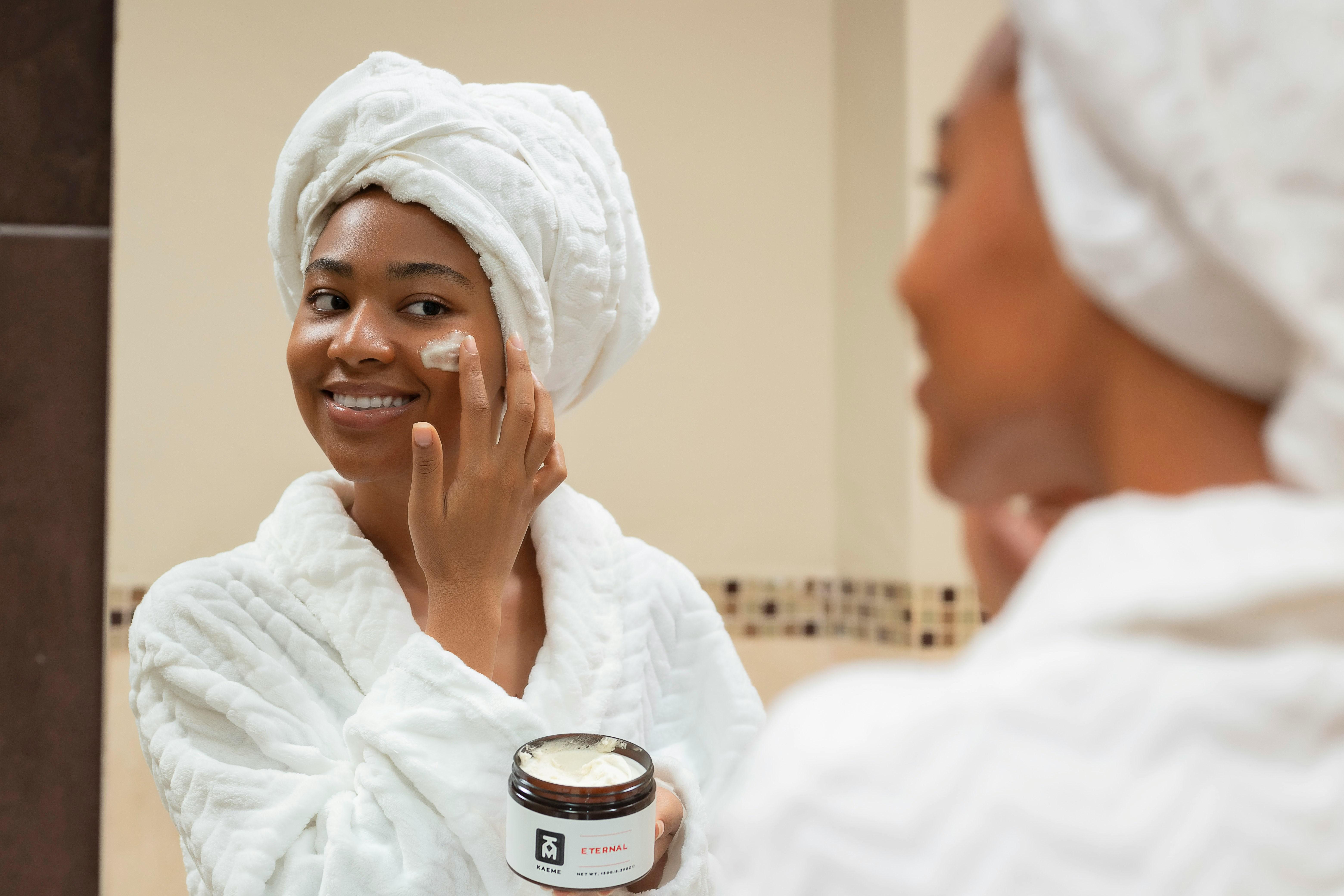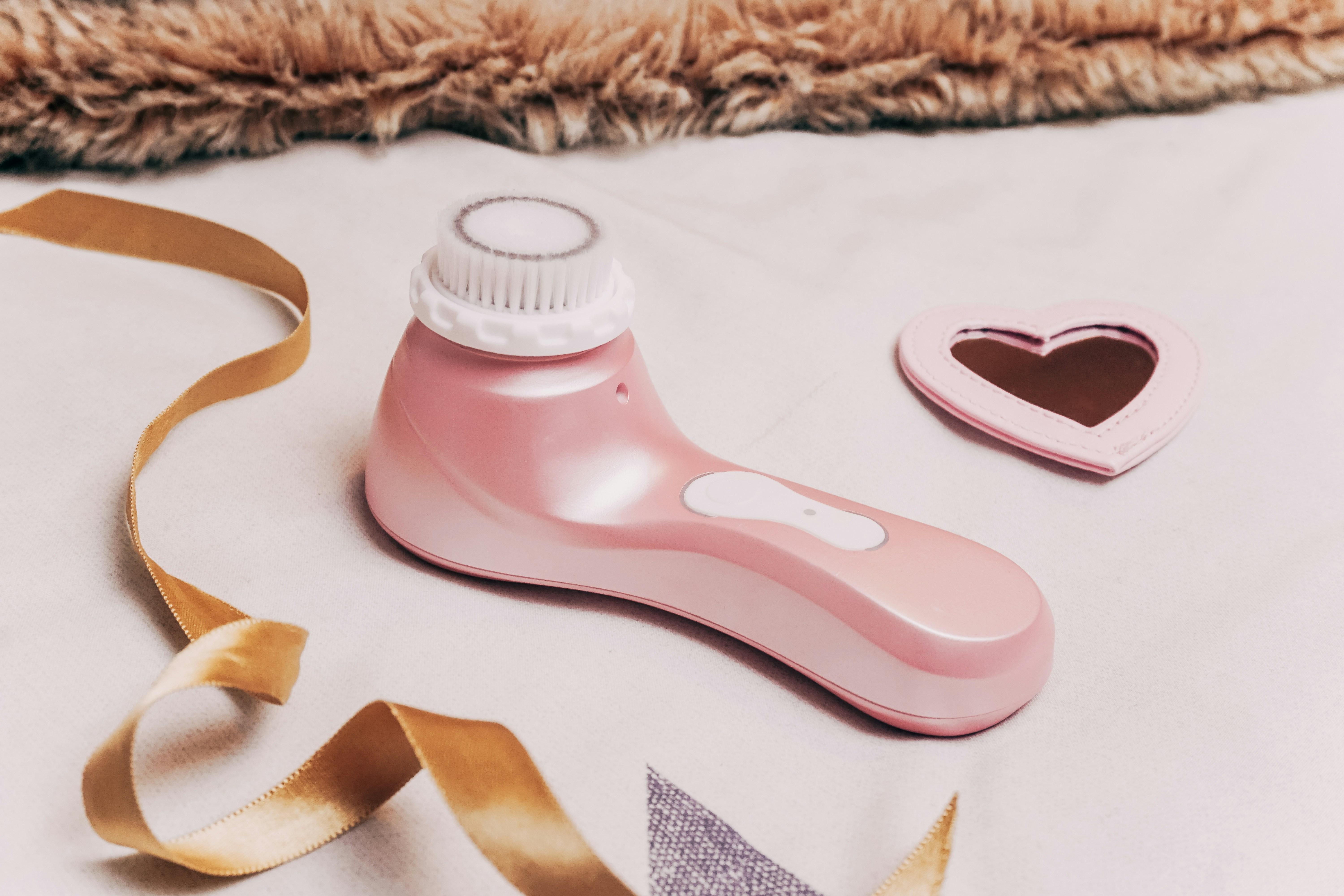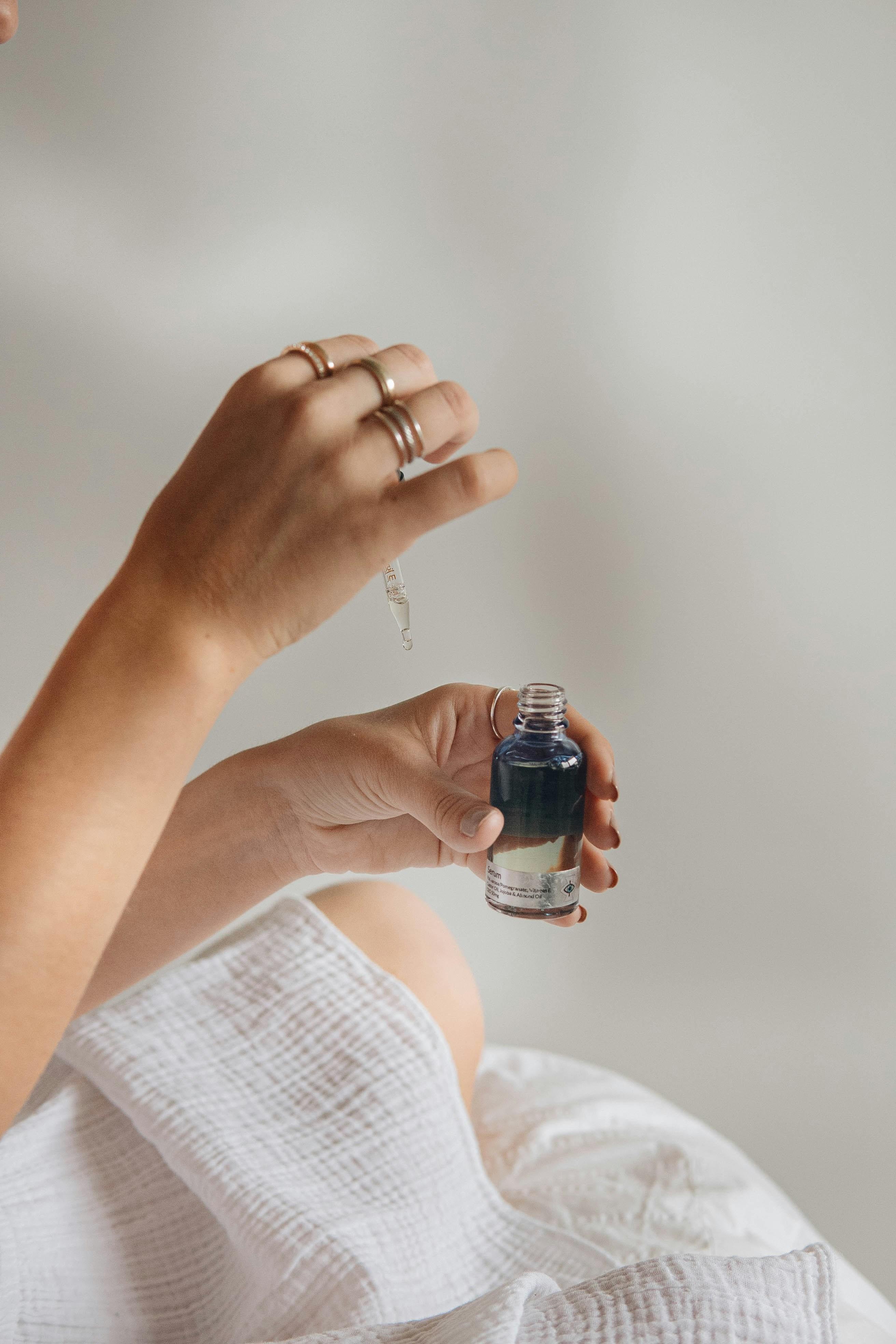Think your skincare products are enough? Think again. These 7 everyday surprising habits might be ruining your skin without you knowing. Learn simple fixes to get clearer, healthier, glowing skin. From dirty pillowcases to poor diet, may be sabotaging your skin and in this post, you’ll discover how to fix them and glow smarter with tips from beauty pros.
You might be doing “everything right”, buying the best products, religiously following your morning and night routine, watching skincare influencers for hours on TikTok, and still… your skin feels dull, irritated, or just not glowing the way it should.
Here’s the hard truth: sometimes it’s not about the products, it’s about your habits.
Even the most expensive skincare routines can be sabotaged by small, everyday mistakes. And these mistakes? They’re so routine, you probably don’t even realize you’re making them.
In this guide, we’re breaking down 7 everyday habits that secretly ruin your skin and giving you science-backed, expert-approved solutions to help you glow from the inside out.
By the end, you’ll not only understand what’s getting in the way of your skincare goals, you’ll have a clear action plan to fix it.
1. Overwashing Your Face
Your Cleanser Isn’t the Enemy, But Overuse Is
Let’s start with the most common mistake: washing your face too much. Yes, cleanliness is important, but overdoing it? That’s another story.
Overwashing, especially with harsh soaps or acne cleansers, can strip your skin of its natural protective oils. This damages the moisture barrier, causes dryness, increases sensitivity, and ironically, triggers even more oil production as your skin goes into panic mode.
How to Fix It:
- Stick to twice a day: Morning and night is enough for most skin types.
- Use a gentle, pH-balanced cleanser that doesn’t foam excessively or leave your skin feeling tight.
- If you work out midday, rinse with just lukewarm water or micellar water instead of doing a full cleanse again.
If your skin feels squeaky clean after washing, it’s probably too harsh.
2. Skipping Sunscreen (Yes, Even Indoors)

I’m not going outside today” is not an excuse. This one can’t be stressed enough. If you’re skipping sunscreen because you’re staying indoors or it’s a cloudy day, your skin is still being damaged.
UVA rays (which cause aging and pigmentation) penetrate through windows, and blue light from your screens (phones, laptops, TVs) can also contribute to hyperpigmentation and collagen breakdown.
How to Fix It:
Apply broad-spectrum SPF 30 or higher every single morning, no matter the weather or your plans.- Reapply every 2-3 hours if you’re near windows or working with screens all day.
- Consider sunscreens with added blue light protection if you’re on devices often.
Remember: Sunscreen is the most powerful anti-aging product you own.
3. Sleeping on Dirty Pillowcases
Your pillowcase might be undoing all your nighttime skincare. You do your routine. You apply your serums. You moisturize. But then you lie down on a pillowcase that’s collecting days’ worth of:
- Hair oils and products
- Dead skin cells
- Sweat
- Dirt from the environment
- Residue from your nighttime products
It’s a breeding ground for bacteria and a direct cause of breakouts, irritation, and clogged pores.
How to Fix It:
- Change your pillowcase every 2 - 3 days, especially if you have acne-prone or oily skin.
- Use silk or satin pillowcases, they absorb less moisture and reduce friction, helping to retain skin hydration and prevent wrinkles.
- Keep your hair tied or covered at night if you use styling products.
Clean sleep = clean skin.
4. Touching Your Face Constantly
Hands off literally. Every time you touch your face, you transfer bacteria, dirt, and oil from your hands to your skin. That unconscious resting of your chin on your palm during Zoom calls? It’s potentially causing breakouts.
Stress, boredom, and habits like skin picking or scratching can all contribute to inflammation, scarring, and acne.
How to Fix It:
- Be mindful of when and why you touch your face, most people do it without realizing.
- Keep your hands busy - use a stress ball, or sit on your hands while working if necessary.
- Always wash or sanitize your hands before touching your face, applying makeup, or doing skincare.
Your skin barrier is delicate. Treat it like a luxury fabric.
5. Over-Exfoliating

You can’t scrub your way to good skin. Exfoliation helps remove dead skin cells, unclog pores, and brighten dull skin. But too much of a good thing becomes harmful fast.
Over-exfoliating (especially with scrubs or strong acids) can:
- Weaken the skin barrier
- Cause micro-tears
- Trigger inflammation
- Make skin more sensitive to sun and products
How to Fix It:
- Exfoliate just 2 - 3 times a week, depending on your skin type.
- Alternate between chemical exfoliants (like AHAs/BHAs) and gentler physical options if needed, but never on the same day.
- Avoid exfoliating on days you shave your face or use retinoids.
If your skin is red, tight, flaky, or stings when you apply products, ease up on the exfoliation.
6. Not Staying Hydrated (Inside or Out)
Oily ≠ Hydrated. Many people with oily or acne-prone skin skip moisturizers thinking it will make them less greasy but dehydrated skin overproduces oil to make up for the lack of moisture.
Similarly, not drinking enough water reflects on your skin: it becomes dull, flaky, and loses its bounce.
How to Fix It:
- Drink at least 2 - 3 liters of water daily, more if you’re active or live in a hot climate.
- Use hydrating skincare ingredients like hyaluronic acid, glycerin, or aloe vera.
- Always lock in hydration with a light moisturizer, even if your skin feels oily.
Healthy skin is an hydrated skin, not just oil-free.
7. Layering Your Skincare Products Incorrectly

Good products in the wrong order is almost like a wasted money. You might be using the best ingredients, but if you’re layering them incorrectly, you’re either reducing their effectiveness or irritating your skin.
For example, applying a thick cream before a serum can block absorption. Or combining strong actives like retinol and AHAs can trigger a flare-up.
How to Fix It: Follow this order:
AM Routine:
- Cleanser
- Toner (optional)
- Serum
- Eye cream
- Moisturizer
- Sunscreen
PM Routine:
- Cleanser
- Toner
- Treatment Serum (e.g., retinol or AHAs, not both)
- Eye cream
- Moisturizer or Overnight Mask
Always go from thinnest to thickest texture.
BONUS: What Else Could Be Ruining Your Skin?
Still not seeing results even after correcting these habits?
It might be time to:
- Check for hormonal imbalances or food triggers
- Re-evaluate the ingredients in your products
- See a professional for a skin consultation and tailored routine
And that’s where BeautySpaceNG comes in.
Get Expert Help, Anytime, Anywhere
With the BeautySpaceNG app, you can connect with trusted, certified skincare professionals who understand Nigerian skin, climate, and lifestyle. Whether you’re dealing with acne, hyperpigmentation, sensitive skin, or aging concerns - we’ve got you covered.
Why Choose BeautySpace?
- Book personalized virtual skin consultations
- Chat with vetted aestheticians and dermatologists
- Get customized product recommendations
- Find local skincare clinics or at-home professionals
- Learn bite-sized skincare tips & routines via our blog resource channel.
Download the BeautySpace app today and get closer to your glow-up goals.
Conclusion
Every Skin Success Starts With Daily Decisions. Great skin isn’t about perfection, It’s about consistency, mindfulness, and knowing what not to do.
Start by fixing these small but damaging habits, and give your skincare products the best chance to work. Over time, the results will speak for themselves: smoother texture, fewer breakouts, a more even tone, and that radiant glow you’ve been chasing.
Leave a comment
Your email address will not be published. Required fields are marked *




